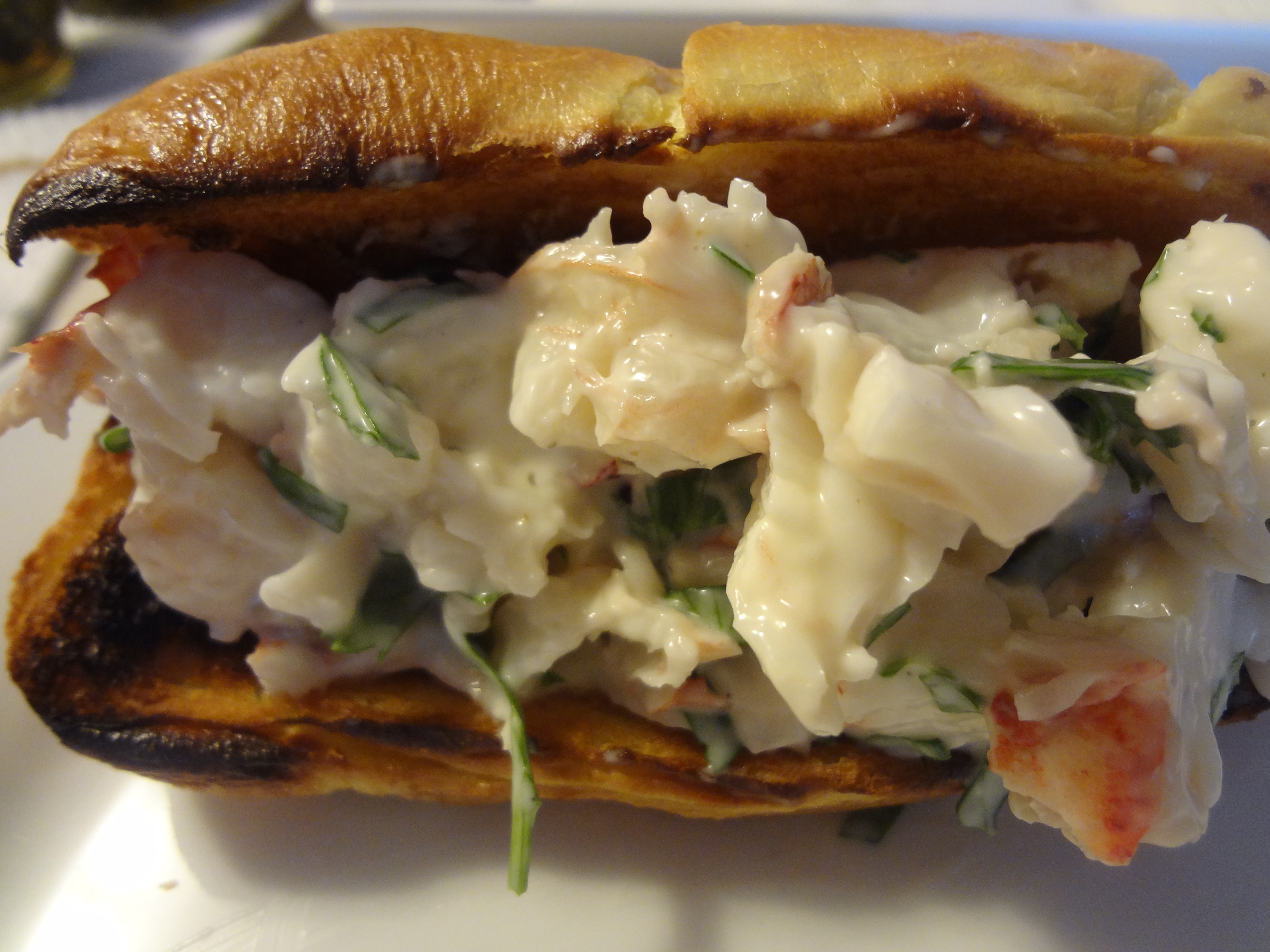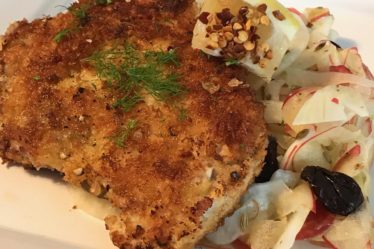I get a lot of emails on my blogs. A lot of them just think I’m funny or a fan of the recipes but this week I received a very interesting email that put me in an interesting position.
The views on Felt Like a Foodie are my own. The “research” is my own. With that said, if I give out information that may be confusing, I will say the fault is my own.
My past blog on salmon was apparently “off” a little or at least my point of writing it was not represented the way I intended so I would like to clear a few things up.
I made the comment “buyer beware” when purchasing salmon. I think I should have said buyer BE aware. As with any protein you buy, know the source or company. There are as many “bad” cow/chicken/pig farms out there as there bad salmon farms. I never intended to say “Don’t” buy farm raised salmon, I just meant to know your source.
I was told the following “Many farmer Wild Salmon and Farmed Salmon can have fairly similar nutritional profiles. In most cases farmed has more Omega 3’s because of the consistent diet they are being fed. Wild Salmon eat whatever whenever and may go without food for periods of time. Wild Salmon also includes 5 different species. The seafood nutrition partnership is a great resource for nutritional information.”
“There are very few US farms that produce salmon (I can only think of 1 company in Maine). Most salmon are imported because the US has made is such a regulatory mess and cost prohibitive to raise salmon domestically. If we didn’t have farmed salmon, there would not be enough wild salmon to feed everyone and the price would be astronomical. The primary countries that produce salmon have way more standards these days than they did when salmon aquaculture first became popular in the 80’s. In the early days of farming some were better than others, but all have upgraded their standards to compete in the market and to have a healthier stock. There are also sustainability standards that most farms comply with, including Best Aquaculture Practices, Aquaculture Stewardship Council certification, British Retail Consortium, Certified Organic (no US standard yet) etc. The US also has extremely high import standards when it comes to seafood, and they are tightening every year. ”
When I wrote the last post, I really thought I was getting across the point that salmon was good for you and that you don’t have to do a lot to it for it to be a part of a healthy, weeknight diet.
I want to thank “my source” for taking so much time to help get across more information and for doing it in such a nice manner. I never claim to know everything and I welcome this opportunity to learn.


